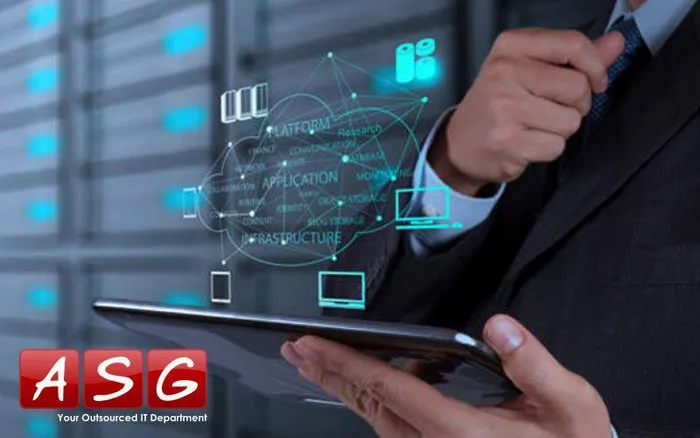The Impact of Emerging Technologies on IT Services: How AI, Blockchain, and IoT Are Changing the Game

The Impact of Emerging Technologies on IT Services: How AI, Blockchain, and IoT Are Changing the Game The rapid evolution of emerging technologies has transformed IT services, fundamentally changing how businesses operate. Key advancements include artificial intelligence (AI), blockchain, and the Internet of Things (IoT).
Image: Supplied
The rapid evolution of emerging technologies has ushered in a new era of IT services, fundamentally altering the way businesses operate. Among the most influential advancements are artificial intelligence (AI), blockchain, and the Internet of Things (IoT).
Each of these technologies offers unique capabilities, and together, they are revolutionizing industries across the globe. In this article, we explore how these three technologies are reshaping IT services, driving innovation, efficiency, and security.
Artificial Intelligence as the Backbone of Automation
Artificial intelligence (AI) has become a cornerstone of IT service providers, offering businesses the ability to automate complex processes, analyse vast amounts of data, and make decisions in real-time.
The integration of AI into IT systems has paved the way for improved productivity and operational efficiency. AI-powered tools such as chatbots, virtual assistants, and predictive analytics are streamlining customer service, optimizing workflows and reducing the need for human intervention in repetitive tasks.
In the realm of IT services, AI's most profound impact lies in its ability to detect anomalies and predict issues before they arise. For example, AI-driven monitoring systems can identify potential security breaches, performance bottlenecks, or hardware failures, allowing IT teams to respond proactively.
AI-powered cybersecurity systems are now able to detect and neutralize threats autonomously, improving the overall security posture of organizations.
Blockchain is Revolutionizing Security and Transparency
Blockchain technology, originally developed as the foundation for cryptocurrencies, has transcended its initial purpose and found widespread application by IT service providers. The decentralized, tamper-proof nature of blockchain makes it a powerful tool for enhancing security and transparency in various sectors.
In IT services, blockchain is being used to secure data transfers, create immutable audit trails, and improve identity management.
One of the biggest contributions of blockchain to IT services is in the realm of cybersecurity. By decentralizing data storage and encrypting transactions, blockchain reduces the risk of data breaches and unauthorized access.
Blockchain-based systems also allow businesses to maintain transparent and verifiable records of all transactions, which is especially valuable for industries requiring stringent compliance with regulatory standards.
Blockchain is also transforming supply chain management and cloud storage services. Through blockchain, IT service providers can offer better traceability so that every transaction and data exchange is recorded securely and transparently.
This level of trust is critical in industries such as finance, healthcare, and government services, where data integrity is paramount.
The Internet of Things Expands Connectivity and Data Generation
The Internet of Things (IoT) is driving a wave of connectivity, bringing physical devices online to interact and exchange data. This has far-reaching implications for IT services, as IoT devices generate massive volumes of data that require sophisticated management and analysis.
IT service providers are increasingly tasked with designing and maintaining infrastructures that can handle the influx of data generated by IoT ecosystems.
IoT has also created new opportunities for businesses to improve their service offerings. For instance, smart devices in industrial settings can monitor machinery in real-time, allowing predictive maintenance and reducing downtime.
In healthcare, IoT-enabled medical devices are providing real-time health monitoring, allowing for faster response times in emergencies and more personalized care.
The integration of IoT with AI further amplifies the impact on IT services. AI can analyse the vast data collected by IoT devices, providing actionable insights and automating responses.
For example, smart homes equipped with IoT sensors can adjust heating, lighting, and security systems based on real-time data and user preferences, creating more efficient and personalized environments.